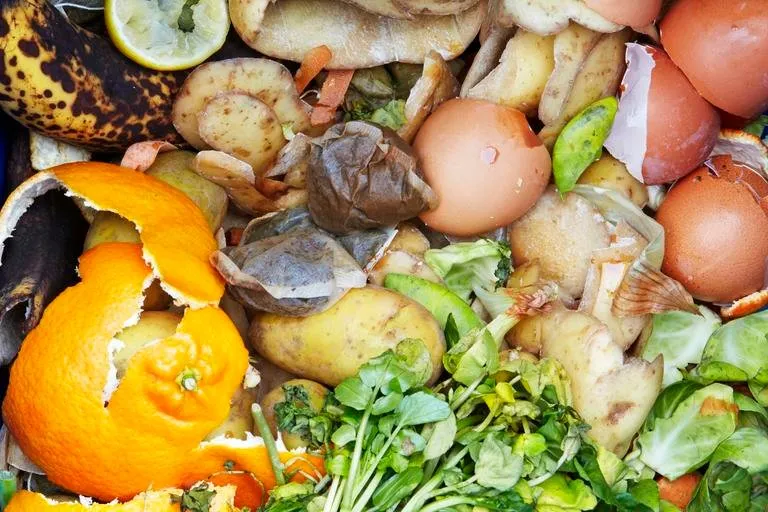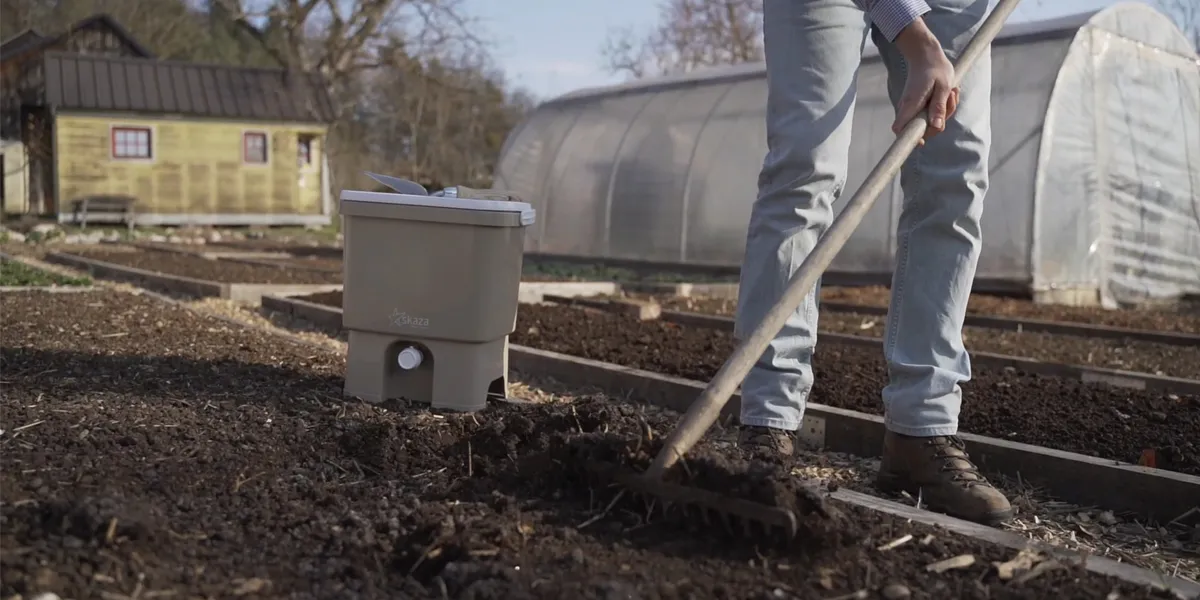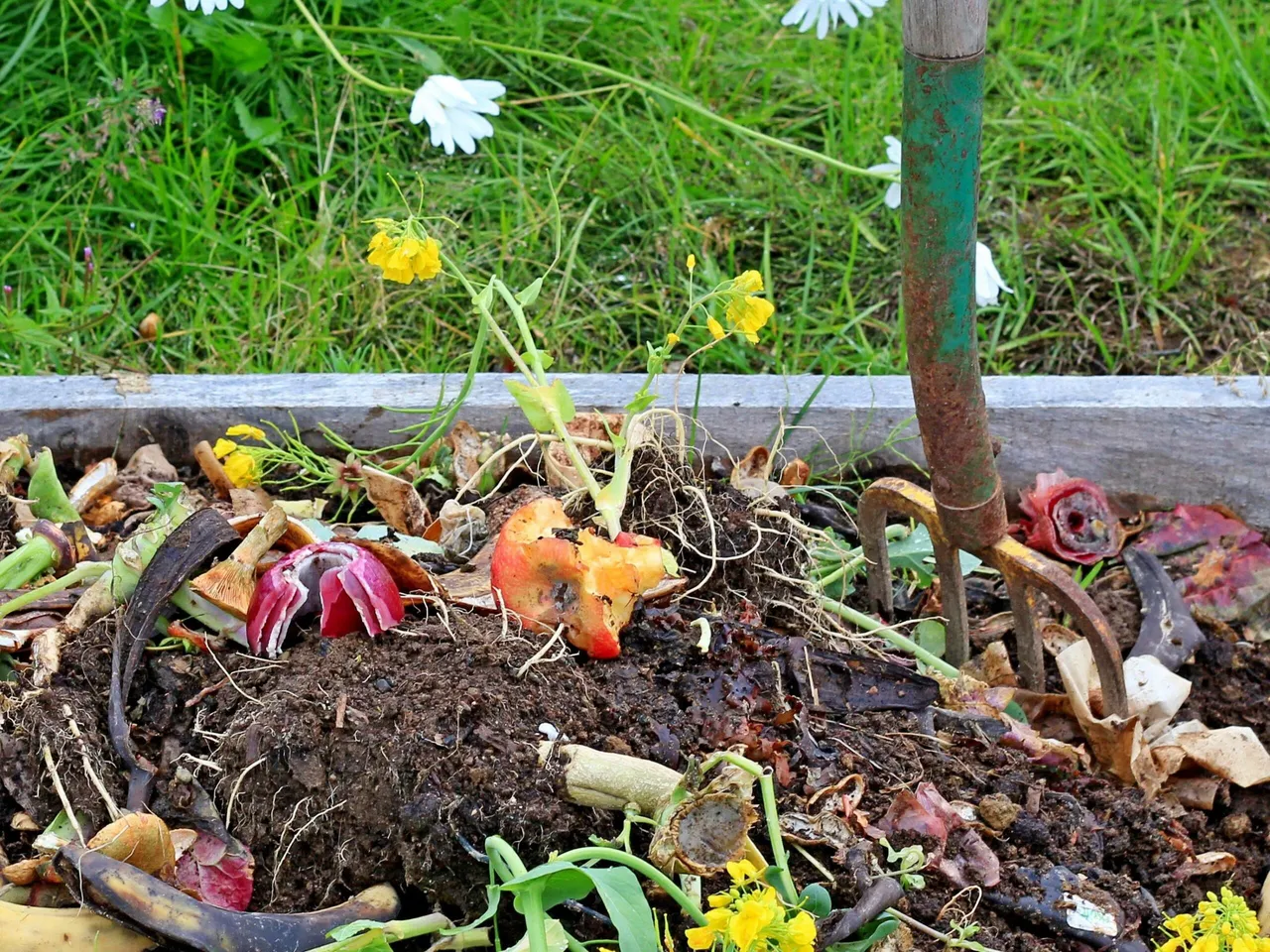I dedicate the following post first to God, thank you for providing me with wisdom, strength and allowing me to sustain my publication rhythm; I know that you are always with me guiding me at all times.



▶ Today I will talk about the factors involved in composting, this if we take into account that there are several factors involved in the composting process, and are influenced by the environmental conditions found in the area to work, as well as the type of waste and the method used for composting.

▶ Credits: popsci – [Image of Public Domain]
≕ I invite you to stay tuned and read my next contribution ≔
One of the composting practices is aeration, since it is necessary to turn the remains from time to time, so that the microorganisms that help their decomposition can develop; therefore it is necessary to maintain an optimal oxygen level, this work is done at least once a week, during the first month.
Another factor is the temperature, since it is required that the organic remains reach temperatures between 60 and 70°C for about two weeks, in order to eliminate most of the pathogenic microorganisms and weed seeds, which may be in the soil. remains and should not be in the final compost.

And not least the acidity, since it is relevant to control the acidity of the compost, since it actively influences the microbial activity where bacteria and fungi develop optimally at different pH values. The final compost should have a pH close to neutral pH 7.